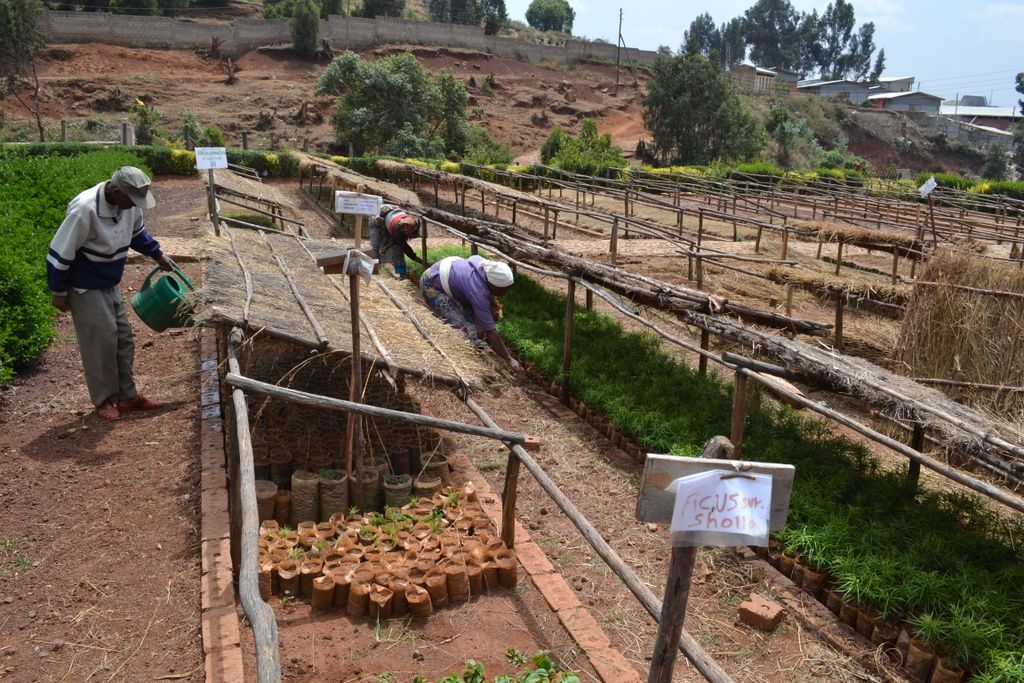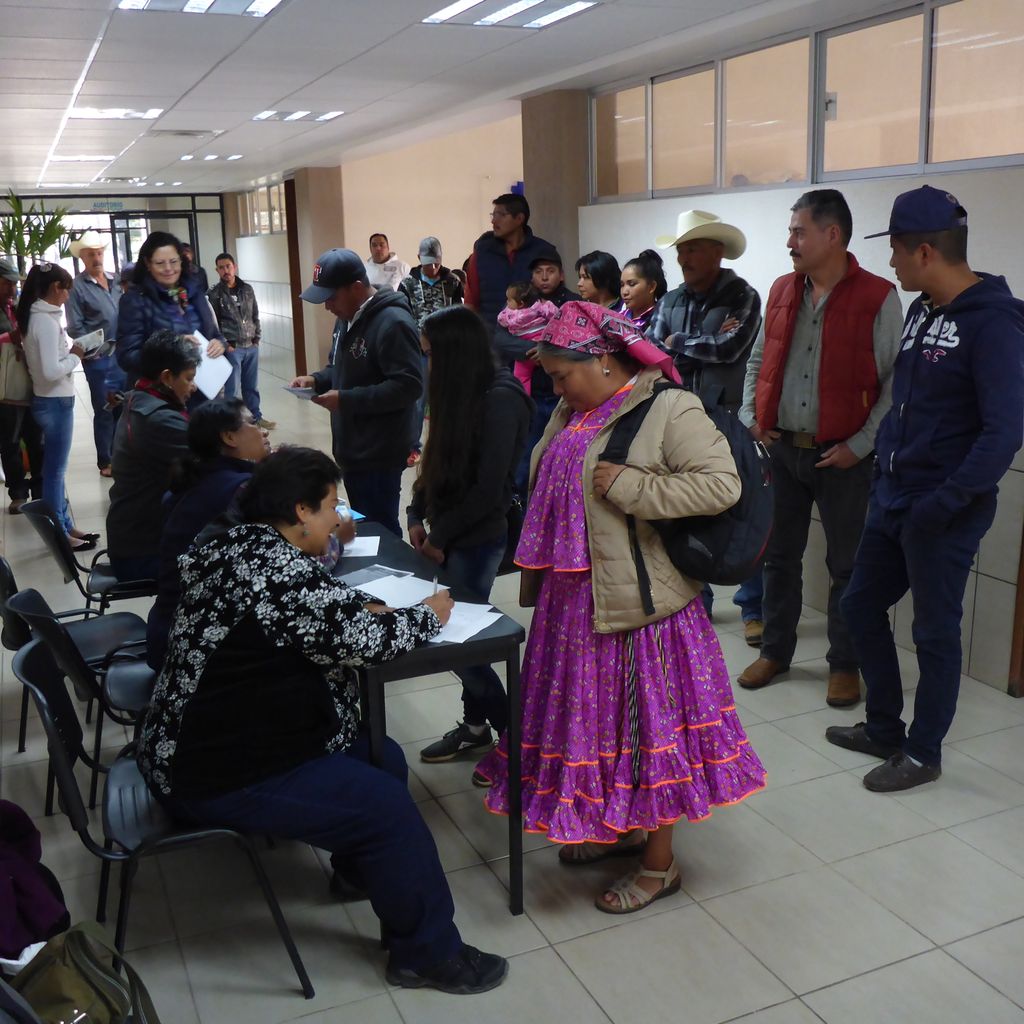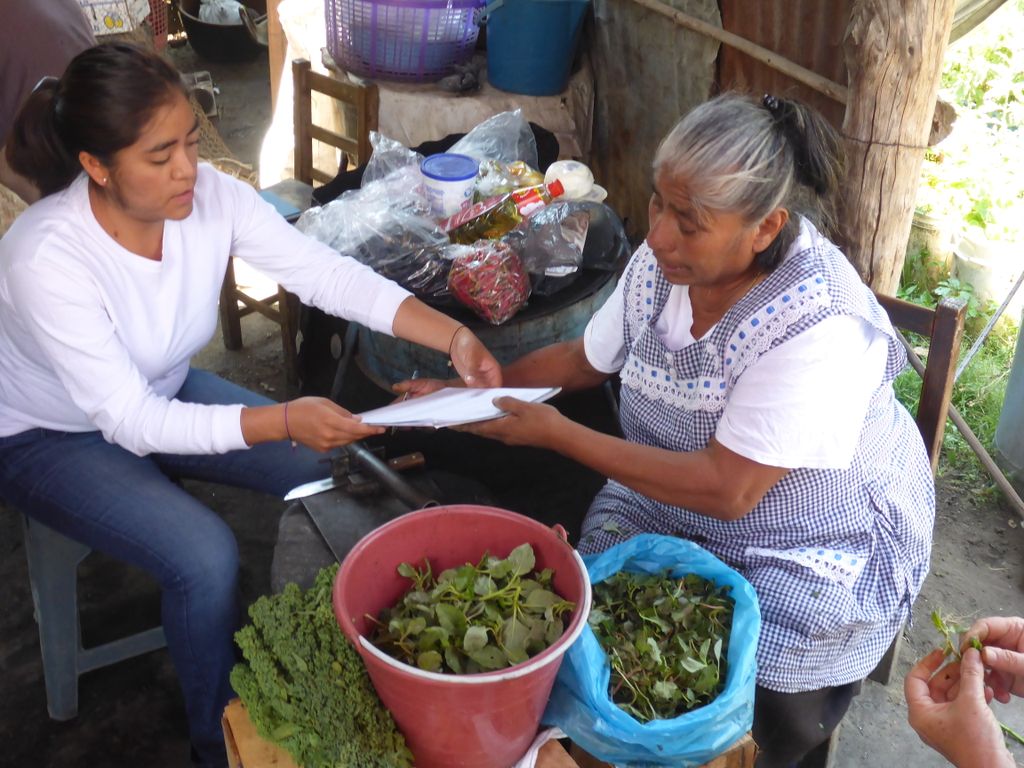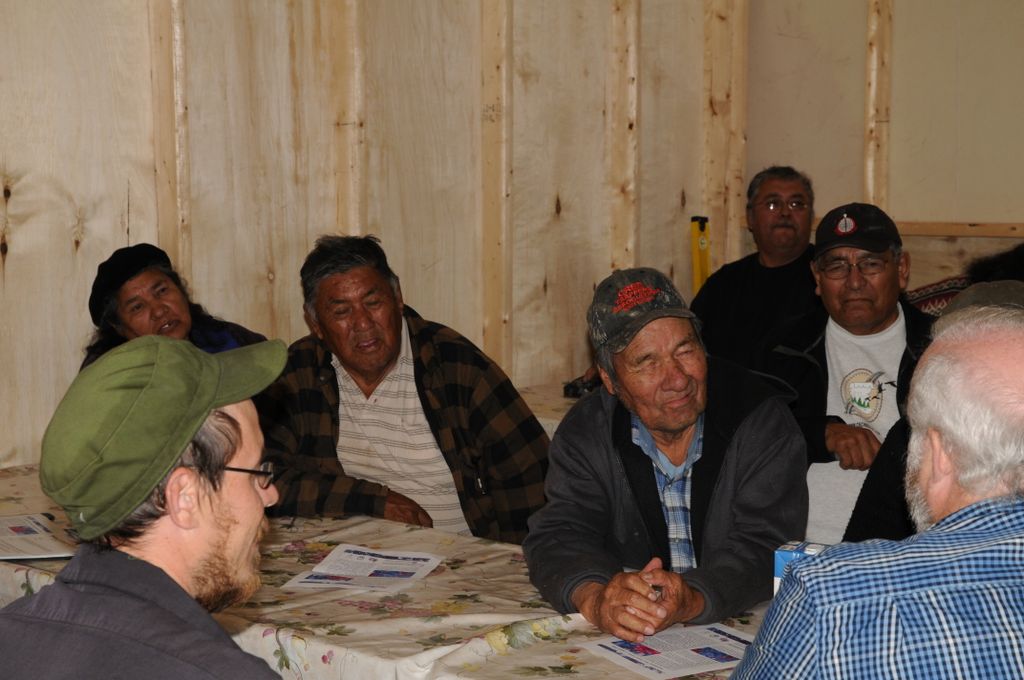Collaboration with Local Healers in Ethiopia

-
Region
Africa -
Country
Ethiopia -
Topic
Policy and Advocacy -
Type
Case Study
Conservation of Medicinal Plants at Gullele Botanic Garden
Example provided by: Birhanu Belay Telake, Gullele Botanic Garden, Ethiopia
The forest cover of many developing countries such as Ethiopia is currently decreasing at an alarming rate due to unprecedented human population growth, which puts a great demand on natural resources. This has resulted in various problems such as climate change and associated problems including drought, soil erosion and erratic rainfall, to the point of threatening the future of sustainable living. This problem is acutely felt by the extensive loss of medicinal plants that are used to prevent various diseases, as eighty percent of the Ethiopian population is dependent on traditional medicine. To address this problem and alleviate the threat on medicinal plants, Gullele Botanic Garden is playing an active role.
Gullele Botanic Garden was established in 2009 on 705 ha as a joint venture of Addis Ababa University and Addis Ababa City administration, after around 30 years of efforts by different institutions and scientists. It is intended as a centre for conservation, research, education and ecotourism. It currently holds 1,000 of Ethiopia’s estimated 6,500 plant species and contains agro-ecological zones ranging from 125m below sea level to about 4550m above sea level. The garden’s primary aim is to save plants that are economically important, endemic, endangered, or have medicinal value.
Gullele Botanic Garden has played a role not only for the conservation of plant species but also for the documentation of related knowledge, notably traditional medicine and local ecological knowledge. Gullele Botanic Garden has developed various special gardens that are grown based on plant use categories, evolutionary relationship, Ethiopian traditional agro-ecological zones and others. The medicinal garden is one of the themes, developed in collaboration with 24 key traditional healers living in Addis Ababa and its environs.
Through discussions beginning in 2015, the garden has built strong relationships with traditional healers and has developed a Memorandum of Understanding to formalize the collaboration. The healers aim to share their knowledge on medicinal plants and exchange plants grown in their garden with GBG. In turn, GBG propagates the medicinal plants to a reasonable quantity and provides them freely to the healers for their use. The collaboration is not limited to the genetic resources they have provided to the garden; it extends to sharing their traditional knowledge on the use, preparation and administration of medicinal plants with the next generation through appropriate discussion and documentation. These plants are not to be exchanged with scientists outside GBG without permission and prior informed consent of the healers.
In addition, Gullele Botanic Garden is keen to establish a common platform between the scientific community for the development of modern medicine by working in collaboration with key traditional healers with their prior and informed consent.
With international collaboration and funding, Gullele Botanic Garden hopes to accomplish more by appointing dedicated staff members of Research, Education and Watershed departments.


